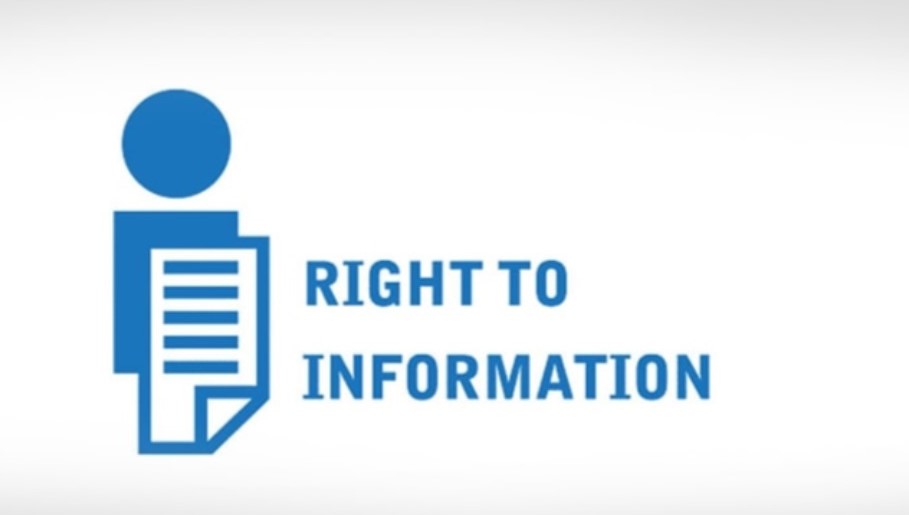Avinash Azad
If the directions of Chief Secretary J&K Atal Dulloo are implemented, the public of J&K could avail information under the RTI Act through online mode after December 10. However, this move falls drastically short of reviving the ailing RTI Act, crippled by the arrogance and indifference of those entrusted as Public Information Officers (PIOs) and First Appellate Authorities (FAAs), who blatantly disregard their legal obligations, as transparency remains a distant dream in the region.
The Right to Information (RTI) Act, once heralded as a cornerstone of transparency and accountability, is witnessing blatant disregard in Jammu and Kashmir. Despite directives from Chief Secretary Atal Dulloo urging public authorities to ensure easy access to information under the RTI Act through online platforms, the designated officials—Public Information Officers (PIOs) and First Appellate Authorities (FAAs)—continue to sabotage its spirit through deliberate inaction and unprofessional handling of applications.
Since the dissolution of the State Information Commission in 2019, following the reorganization of Jammu and Kashmir into a Union Territory, the RTI Act has been relegated to near dormancy. Daily reports highlight the systemic reluctance of officials to respond to RTI queries, rendering the Act ineffective. Two glaring examples underscore this alarming trend of non-compliance.
In a case from Rajouri district, a civil engineering firm sought critical information from the office of the Chief Engineer, Pir Panjal Range. The request was forwarded to subordinate officers, including Superintending Engineers (SEs) and Executive Engineers (XENs). Through communication number CEP/DB/2024/2844-58 dated 04/07/2024, the Chief Engineer directed the concerned SEs and XENs to provide the requested information within three days.
However, despite multiple reminders from the Chief Engineer’s office, the subordinate officers flagrantly disregarded the instructions. This lack of accountability highlights a concerning culture of negligence and disregard for the RTI Act within the department.
In another instance, the Jammu and Kashmir Economic Reconstruction Agency (JKERA) outright rejected an RTI application. Sent via speed post (tracking ID: EE931641105IN), the application was returned to the sender with the remark, “please mention proper address for which section of ERA has to deliver,” on November 29, 2024.
Ironically, the sender had retrieved the address from JKERA’s official website, which itself violates Section 4 of the RTI Act. This section mandates public authorities to voluntarily disclose key information, including contact details, to facilitate transparency.
Experts argue that while the move toward online RTI filing is a step in the right direction, it is far from sufficient to foster transparency. “Without accountability mechanisms and strict adherence to the Act, digital platforms will only serve as cosmetic reforms,” said a local activist.
The apathy of PIOs and FAAs, coupled with the absence of an independent appellate body, has plunged the RTI Act into a crisis. Citizens, who once relied on the law to access information and ensure governmental accountability, now find themselves grappling with a bureaucratic labyrinth that openly defies the law.
The officers designated under the RTI Act to provide information to applicants often interpret the law in ways that contradict its core purpose of promoting transparency. To address this, the General Administration Department (GAD) must conduct regular workshops to educate officers and officials about the Act, ensuring their personal interpretations do not undermine its objectives.
Additionally, a robust mechanism should be established to monitor the performance of these officers, who are entrusted with the critical mandate of upholding transparency within the system. The onus lies on the administration to not only enforce compliance but also restore faith in the RTI Act, which remains one of the most powerful tools for upholding democracy and empowering citizens. Will Chief Secretary Dulloo’s directives finally bring the much-needed accountability, or will the RTI Act continue to wither on the sidelines? Only time will tell.






